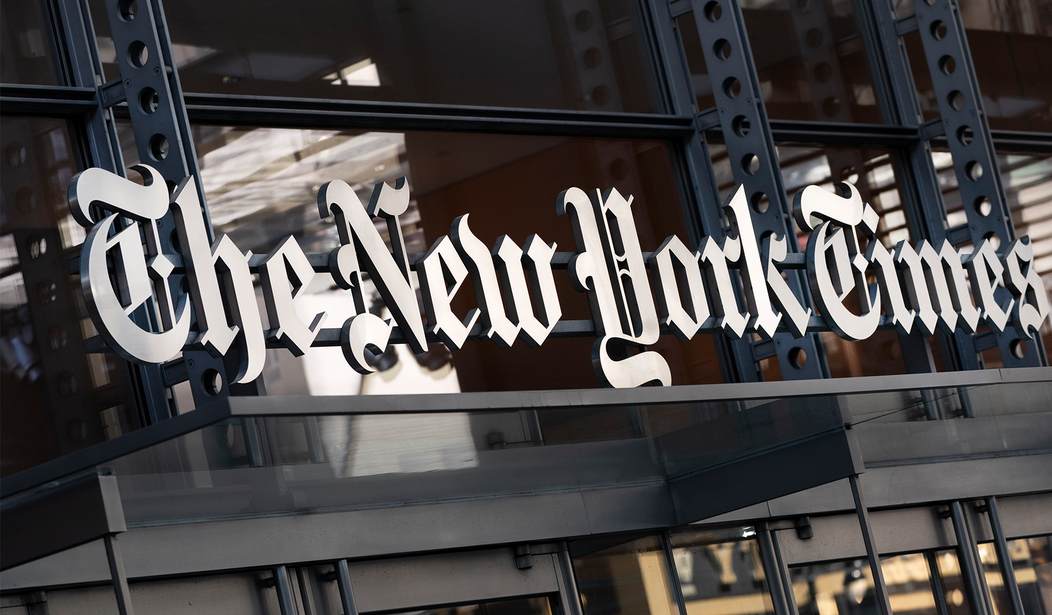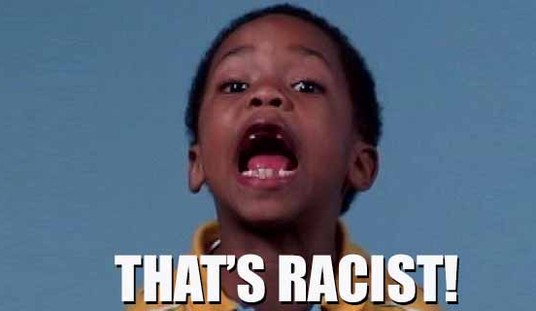Growing up, my parents taught my brother and me to never discuss religion or politics in 'polite company.'
Those two topics were too hot-button and possibly offensive to talk about with others, they said. When I had children of my own, I made the conscious choice to discuss both politics and religion with my boys -- openly, honestly, and frankly. I saw no benefit in avoiding public engagement in political or religious discourse (and I don't say that just because my job is largely political).
I think a lot of the problems we have in our culture come from the mentality we couldn't discuss politics openly. This is part of why (although certainly not the only reason why) the Left melts down whenever they're challenged on what they believe politically: they were never taught how to do it.
I'm glad to report I've raised three boys (one of whom is now an adult) and my older two can have deep, meaningful, and respectful political conversations with me and other people. And I'm going to come back to this point in a moment.
Someone sent me this article from The New York Times, and it caught my eye for a few reasons that tie back into that political discourse. The headline itself is inflammatory: How Important Is a Free Press to Our Democracy? Is It Under Threat?
Recommended
A free press is very important, even though we're not a democracy. I have to ask: where was The New York Times when the Biden White House ran interference on his cognitive decline? Where was The New York Times when Barack Obama was spying on Fox News journalists?
Nowhere to be found.
But I digress.
Unfortunately, there wasn't a lot of engagement for it on X, so I'm using my own post and my own screenshot:
Not only is this article a) wrong and b) targeting kids with propaganda, check out their request: https://t.co/oVO4b1hqaO
— Amy Curtis 🇮🇱 (@RantyAmyCurtis) April 7, 2025
Here's what The New York Times writes:
What would happen if they couldn’t freely investigate and report the news? For example, what if journalists were barred from informing the public about the actions of powerful people like government officials, billionaires, corporate executives, university presidents, religious leaders and celebrities?
How would that affect our everyday lives? How would it affect our democracy?
In Russia, President Vladimir V. Putin has successfully silenced independent journalism and turned the press into a propaganda tool for the government. In China, the internet is a government-controlled parallel universe; there is no Google, YouTube, Facebook or X, and Chinese citizens use euphemisms online to communicate the things they are not supposed to mention.
Of course they mention Putin. Of course.
He's their boogeyman, even though the relentlessly mocked Mitt Romney for saying Russia was the greatest geopolitical threat back in 2012.
The Left has pushed for censorship of alternative media for years -- they've gotten X accounts suspended, attacked independent outlets like Twitchy, and advocate for government control of social media sites like X. That's also an attack on journalism and free speech, but somehow (D)ifferent.
But the very interesting part was in the subhead. You see, this article was aimed at school-aged teens, so check out what The New York Times asked:
— Amy Curtis 🇮🇱 (@RantyAmyCurtis) April 7, 2025
Really?
They welcome kids who are ages 13+ in the U.S. and Britain (and 16+ elsewhere) to comment. But not grown ups.
You want to keep adults from speaking? How interesting.
Why is that? Is it because adults like me would debunk your absurd premises? Is it because The New York Times, like all Leftists, thinks they have an exclusive right to our children?
Because it takes some nerve for them to tell adults to keep their mouths shut while they lie to our children.
The entire point of asking such questions should be to give teens a wide variety of opinions and the opportunity for adults to back up their claims with evidence and facts. Instead, The New York Times is presenting one opinion -- their Left-wing nonsense -- as gospel truth.
I hope that teens see through this. They usually do, and they usually bristle at grown-ups who talk down to them like they're stupid or incapable of understanding complex issues and multi-faceted arguments.
I can tell you teens can understand those issues, and they can wade through varying arguments and opinions to form thoughts of their own.
Therein lies the rub: In 2024, young people swung to the Right, and hard.
And The New York Times is petrified that kids might form opinions (and vote in ways) they don't like.

























